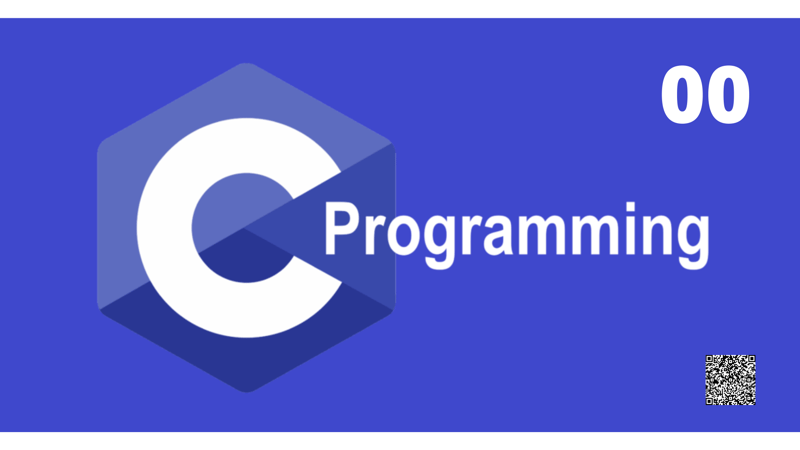Syntax in C
The rules that dictate the correct format of code for a specific programming language are known as syntax.
Examples of syntax in C are:
- All statements must end with a semicolon,
; - Keywords and other code elements are case-sensitive
When compiling C code, an error will occur when the syntax of the code is incorrect.
// Statements must end in a semicolon (;)
// correct
printf("Hello World!");
// error
printf("Hello World!")
// Code elements are case sensitive
// correct
printf("Hello World!");
// error
PRINTF("Hello World!");
Escape Sequences
In C, an escape sequence is a non-visual character used within a string.
\n is an escape sequence that adds a newline to a string. \t is an escape sequence that adds a tab of spaces to a string.
// \n acts as a newline in a string
printf("Hello\nWorld!"); // Outputs: Hello
// World!
// \t acts as a tab in a string
printf("Hello\tWorld!"); // Outputs: Hello World!
Comments in C
In C, comments are text within code that will be ignored by the compiler. They are used to document code.
Line comments begin with a double forward slash, //. All text after // will be part of the comment until a new line is reached.
Block comments begin with a forward slash and asterisk, /* and end with an asterisk and forward slash, */. Block comments can span multiple lines as new lines are part of the comment.
// Comments
/* This review content is
about comments and how they
can be used to document code */
// This is a line comment
/* This is a
block comment */
Compiling C Code with gcc
gcc is an application used to compile C programs into an executable that can run on the target computer. gcc stands for GNU Compiler Collection.
gcc compiles C code using the code file as an unflagged command-line argument. The output executable file will be called a.out. The -o flag followed by some text can be used to designate the name of the output executable file.
gcc script.c
gcc script.c -o myProgram
freeCodeCamp data was used



Top comments (0)